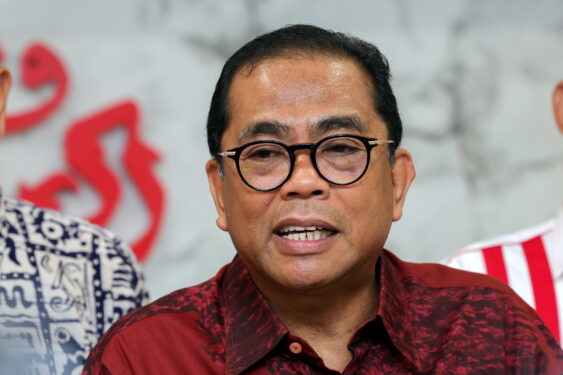THE Malaysian Health Coalition (MHC) has called for a maximisation of patient safety, by ensuring that safety regulations for healthcare facilities are always met.
This comes in the wake of yet another fire at Hospital Sultanah Aminah in Johor Bahru.
“Public trust in our healthcare system depends on patient safety as the most fundamental duty of care, and patient safety is everyone’s responsibility. While it is impossible to be free of error and risk, all stakeholders must work together to maximise patient safety in Malaysia’s health system,” said MHC in a statement today.
As such, MHC called for increased transparency in public health data, noting that health systems should err on the side of transparency for the sake of patient safety.
“While we acknowledge that some categories of information should be confidential for patient privacy reasons, data concerning public health must be made accessible,” said the coalition, who also called for the publication of the report of the Hospital Sultanah Aminah fire in 2016.
MHC called for the relevant parties to be held accountable for their actions, or inactions, which had led to the fire in 2016, as well as the fire on June 28 this year.
At the same time, the coalition also called for better information-sharing between health sectors, noting that health data and information should be shared across the relevant ministries, health professional societies, and researchers to further strengthen the health system.
“In the current system, some data which helps produce the Ministry of Health’s annual reports remains inaccessible even to researchers,” said MHC.
“If all areas of our health system can contribute to and source from a shared database, we can draw a more comprehensive picture of the Malaysian population’s health, and collaborate to find solutions for health inequities in the country.”
MHC also called for the government to invest in information technology systems and infrastructure to improve healthcare delivery and safety, by ensuring easy access to accurate and up-to-date data.
“Errors in healthcare are inevitable in any country, but we must relentlessly strive to reduce them. Employing technology and using non-punitive pathways to detect and resolve errors will be crucial,” said the coalition.
“Improved patient safety requires a cultural shift in favour of non-punitive inquisition for early detection and resolution of errors in and around our healthcare system, before there is irreversible damage.” – July 3, 2020










